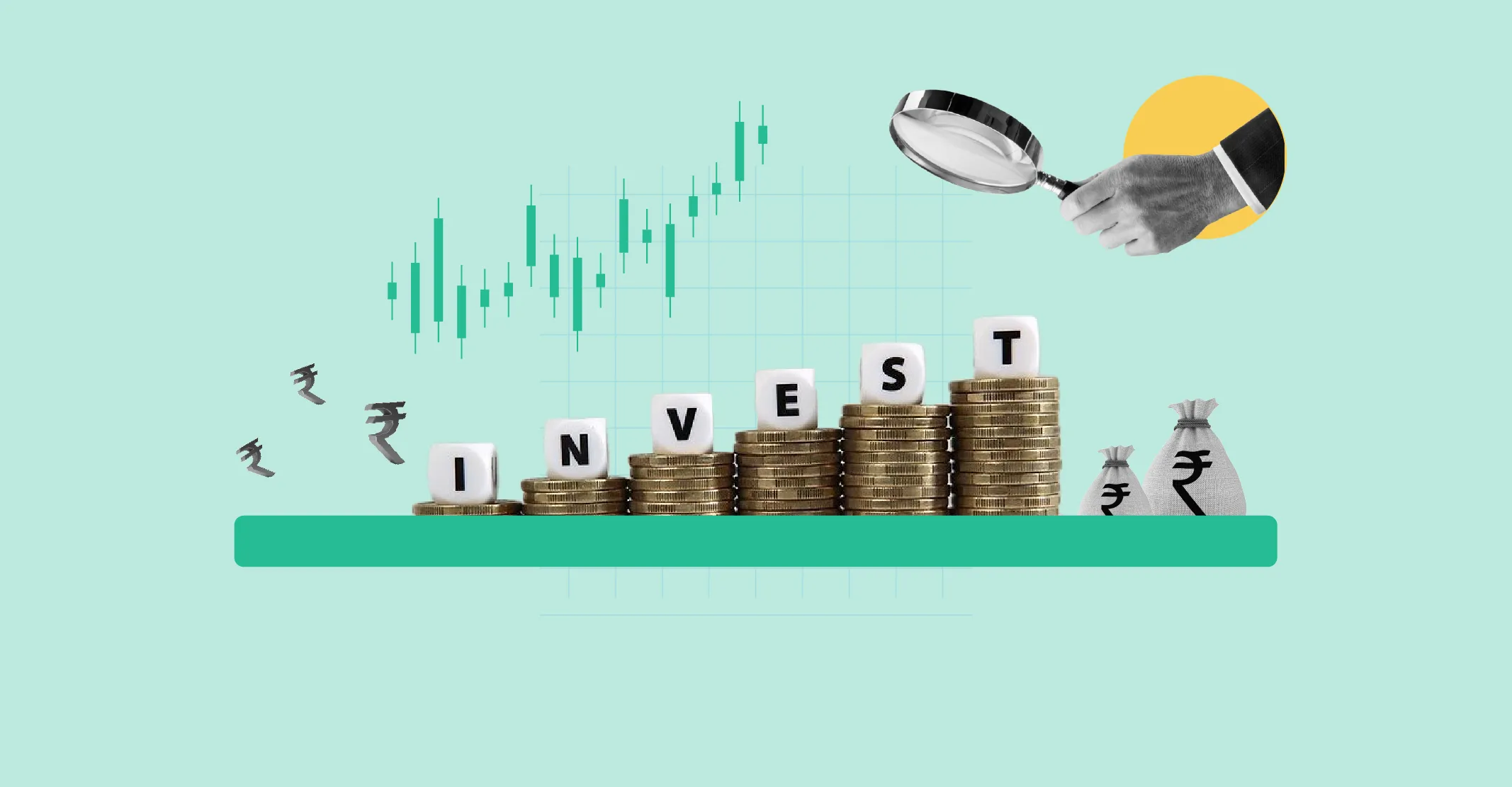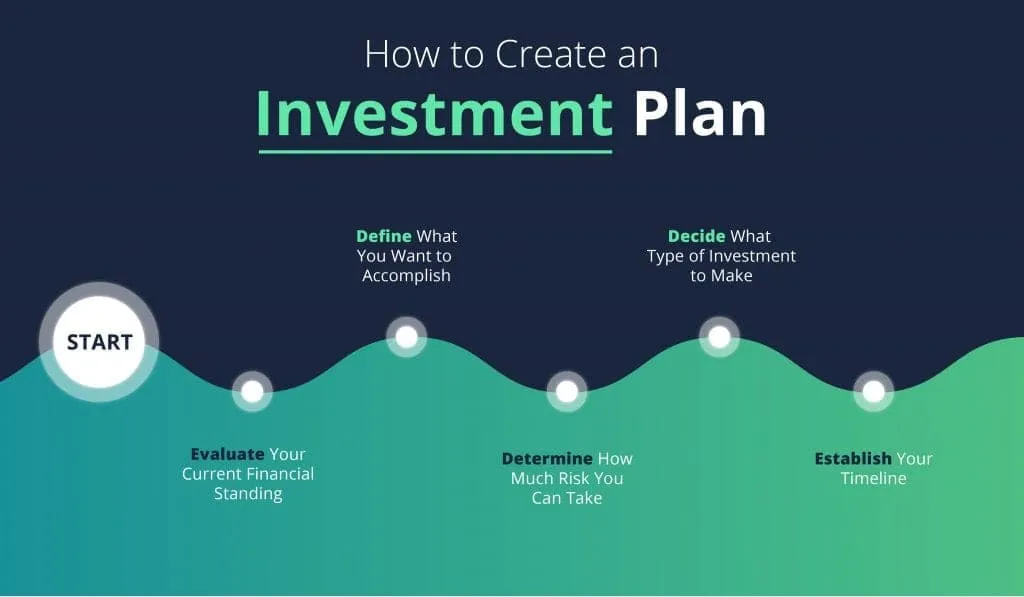Blog Details

Mastering Personal Finance: A Beginner’s Guide to Financial Freedom
Whether you're starting your first job, managing your household income, or simply trying to make sense of your money — mastering personal finance is the first step toward financial freedom.
This guide is designed to give beginners a clear, practical roadmap to take control of their finances.
1. Understand Your Current Financial Position
Before planning anything, get a clear view of:
-
Your monthly income (salary, freelance, rental, etc.)
-
Your fixed expenses (rent, EMIs, groceries)
-
Your variable expenses (dining, entertainment)
-
Any existing debt (credit cards, personal loans)
-
Your savings and investments
📝 Tip: Use a simple Excel sheet or a free budget app to track this monthly.
💡 2. Set SMART Financial Goals
Goals give your money direction. Set:
-
Short-term goals (buying a phone, creating an emergency fund)
-
Mid-term goals (buying a car, taking a vacation)
-
Long-term goals (home purchase, retirement)
Ensure your goals are S.M.A.R.T.: Specific, Measurable, Achievable, Relevant, and Time-bound.
🏦 3. Build a Realistic Budget
Budgeting is not about restriction; it's about control.
Apply the 50-30-20 Rule:
-
50% for needs (rent, food, bills)
-
30% for wants (shopping, entertainment)
-
20% for savings/investments
💬 “You don’t have to be rich to start budgeting — but you do have to start budgeting to get rich.”
🆘 4. Create an Emergency Fund
Life is unpredictable. Medical emergencies, job loss, or car repairs can drain you if you’re unprepared.
✅ Save at least 3–6 months' worth of living expenses in a liquid account like a savings bank or FD.
📈 5. Start Investing Early
Don’t wait until you “have more money” to invest. The power of compounding works best with time.
Start with:
-
SIPs (Systematic Investment Plans)
-
Mutual Funds
-
PPF (Public Provident Fund)
-
NPS (National Pension Scheme)
💡 Even ₹500/month can grow significantly if you start early.





